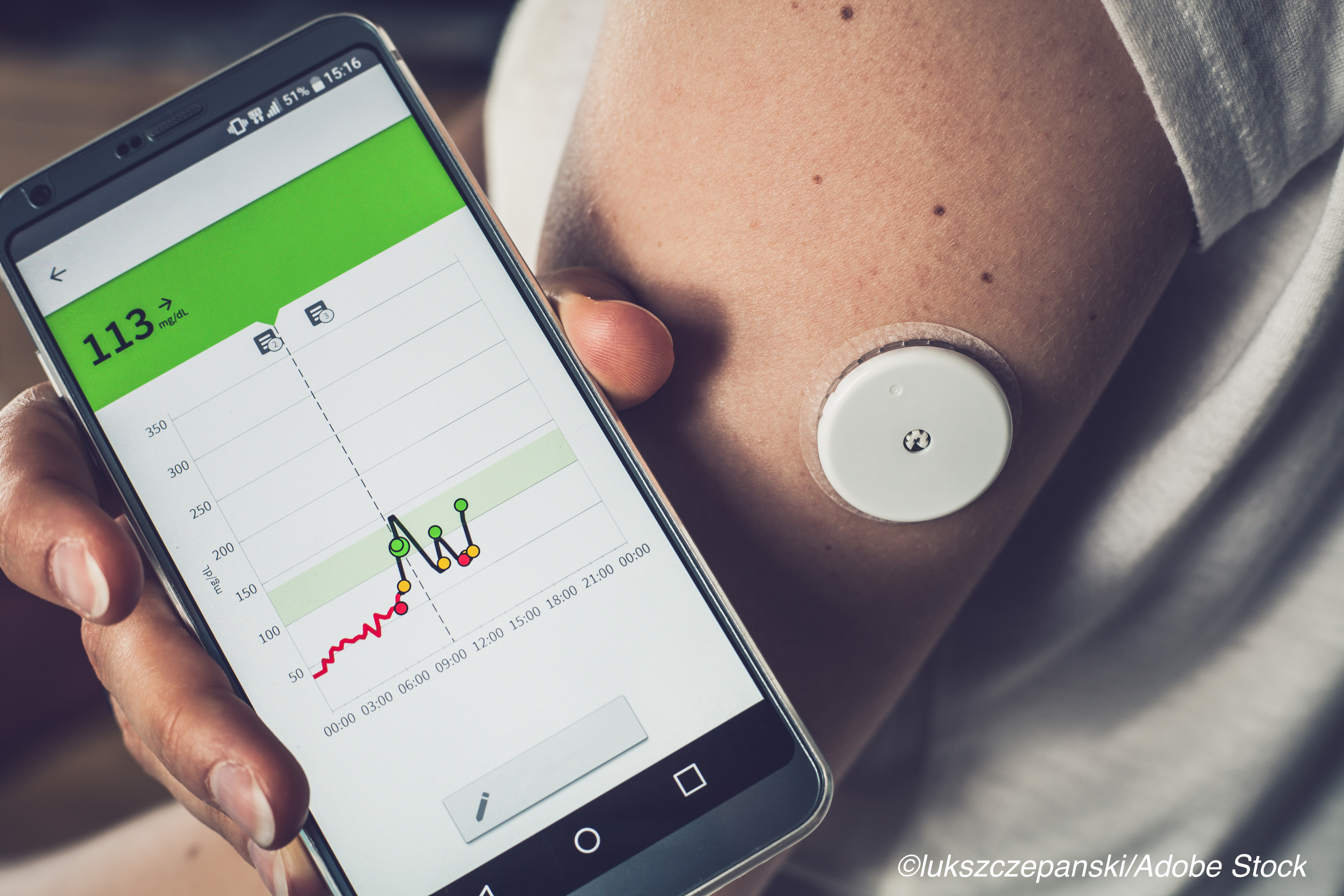Poorly controlled type 1 diabetes was associated with greater evidence of cognitive decline in late adulthood in the first study to follow patients from adolescence into their 50s, 60s, and 70s.
The 32-year follow-up analysis of data from the landmark Diabetes Control and Complications Trial (DCCT) identified a 5-fold increase in psychomotor and mental efficiency declines in participants compared to a previous assessment 18 years after study enrollment (baseline).
Poorer blood sugar control, measured by higher cumulative HbA1c, along with frequency of severe hypoglycemia episodes and elevated systolic blood pressure were all found to be independent predictors of greater cognitive and psychomotor decline.
Writing in the journal Lancet Diabetes-Endocrinology, researcher Alan Jacobson of NYU Langone Hospital-Long Island, and colleagues, noted that the combined effect of all three risk factors by an average age of 59 years was associated with premature aging equivalent to an additional 9.4 years added to biological age.
“Conversely, participants with the best glycemic control did not show any decrease in psychomotor and mental efficiency over the observation period,” they wrote.
While the DCCT study did not have a non-diabetes control group, the observance of greater declines in participants with poorly controlled type 1 diabetes represents some of the first long-term follow-up data linking disease complications to earlier cognitive decline.
“To the best of our knowledge, this is the first study of type 1 diabetes that has examined these effects over time from adolescence and young adulthood to older adulthood,” the researchers wrote.
They noted that type 1 diabetes treatment advances have led to significantly improved life expectancy, “with a corresponding increased susceptibility to aging-related conditions, including cognitive dysfunction and dementia.”
“Studies of children and younger adults have reported modest cognitive dysfunction associated with poorer glycemic control and microvascular complications, ” they wrote. “Whether and to what extent cognition declines as people with type 1 diabetes age has not been examined longitudinally over an extended period of time.”
The DCCT and its 18-year follow-up, the Epidemiology of Diabetes Interventions and Complications (EDIC) study, highlighted the importance of adequate glycemic control for reducing complications of type 1 diabetes, and the research had a major impact on management of the disease.
The 32-year follow-up of the DCCT cohort included original DCCT enrollees who completed cognitive assessments at enrollment (median age, 27 years) with follow-up assessments completed 2, 5, 18 and 32-years after enrollment. The median age of the participants at the latest assessment was 59 years (range 43-75 years), and other assessments conducted during the time points included HbA1c level, severe hypoglycemia frequency, and non-glycemic risk factors such as high blood pressure, microvascular and macrovascular complications.
The researchers compared the participants who completed the most recent cognitive assessment (n=1,015) with those who died and did not complete the assessment (n=187), had inactive status (n=100), or failed to complete the cognitive protocol (n=103). The researchers also noted that they “found that non-participants were more likely to be in the conventional treatment group, less likely to be college graduates, had lower full-scale IQ scores, higher HbA1c, and higher lipids at DCCT baseline.”
During the 32-year follow-up, 1,608 episodes of severe hypoglycemia leading to coma or seizure were reported in 482 participants; 398 reported between 1 and 5 events and 84 reported more than five events.
In assessment years 2 and 5, small improvements in cognitive performance were seen. But by year 18, psychomotor and mental efficiency showed a modest but significant decline (change in z-score since baseline, −0.24, P<0.0001).
Further decline was observed from year 18 to year 32 (change in z-score since baseline, −0.24 to −1.36; P<0.0001).
Higher HbA1c levels (β −0.114 [SE, 0.018]; P<0.0001) and higher systolic blood pressure (β −0.157 [0.013]; P<0.0001) were associated with decline on tests of psychomotor and mental efficiency but not immediate or delayed memory. A similar relationship was found for other risk factors, including elevated BMI, pulse rate, higher triglyceride level, and lower HDL cholesterol. A history of severe hypoglycemia was also associated with a decline in psychomotor and mental efficiency (β −0.152 [SE, 0.044]; P=0.0006) but not memory.
“This relationship was present when severe hypoglycemia was defined dichotomously (0 versus 1 or more events). Additionally, there was a dose-response relationship, with worsening performance associated with increasing number of severe hypoglycemic events,” the researchers wrote.
Microvascular and macrovascular diabetes complications, including kidney disease, retinopathy, cardiovascular disease, and cardiovascular autonomic neuropathy were also associated with memory and psychomotor and mental efficiency.
In commentary published with the study, Brian M. Frier, MD, of the University of Edinburgh in the United Kingdom, wrote that the observed dose-response relationship between hypoglycemic events and increased cognitive decline “suggests a cumulative effect on cognitive function and is consistent with older cross-sectional studies, in which a high estimated frequency of preceding severe hypoglycemia as associated with diminished information processing and memory.”
Frier noted that as people with type 1 diabetes live longer due to improvements in disease management, the study findings have important clinical implications. He called for additional research into cognitive function declines over time in people with the disease.
“The aging brain might be more susceptible to the effects of severe hypoglycemia than that of young and middle-aged individuals and cognitive decline might be exacerbated further by the development of cerebrovascular disease,” Frier wrote. “In additional to the importance of maintaining metabolic and blood pressure control, the avoidance of severe hypoglycemia is essential to preserve cognitive function later in life.”
-
A 32-year follow-up analysis of data from the landmark Diabetes Control and Complications Trial identified a 5-fold increase in psychomotor and mental efficiency declines in participants compared to a previous assessment 18 years after study enrollment.
-
Poorer blood sugar control, measured by higher cumulative HbA1c, along with frequency of severe hypoglycemia episodes and elevated systolic blood pressure were all found to be independent predictors of greater cognitive and psychomotor decline.
Salynn Boyles, Contributing Writer, BreakingMED™
This research was funded by the U.S. National Institutes of Health, National Institute of Diabetes and Digestive and Kidney Disease. Researcher Jose Luchsinger reportedreceiving consulting fees from vTv Therapeutics and royalties from Springer.
Researcher Naomi Chaytor reported receiving personal fees from Eli Lilly, unrelated to this study.
Editorial writer Brian Frier reported receiving honararia from Novo Nordisk, Lilly, Abbott, and MSD, and serving on the advisory boards of Lilly and Zucara Therapeutics.
Cat ID: 12
Topic ID: 76,12,730,12,130,361,192,669,918



